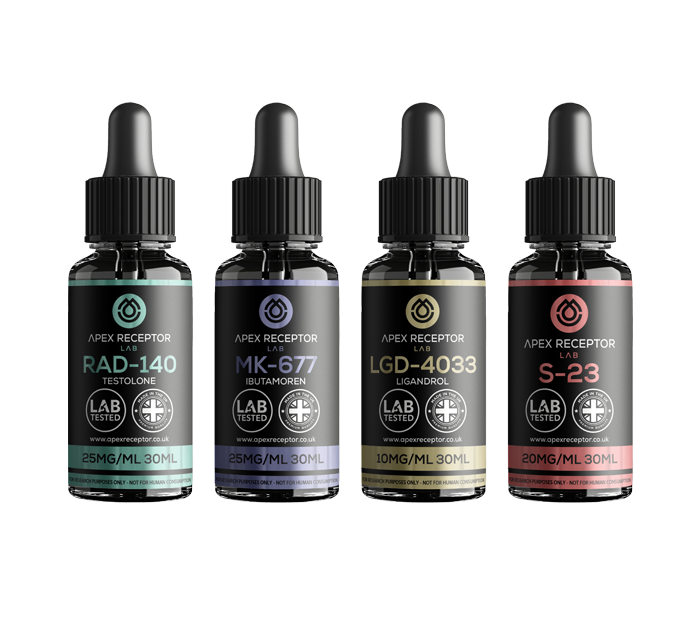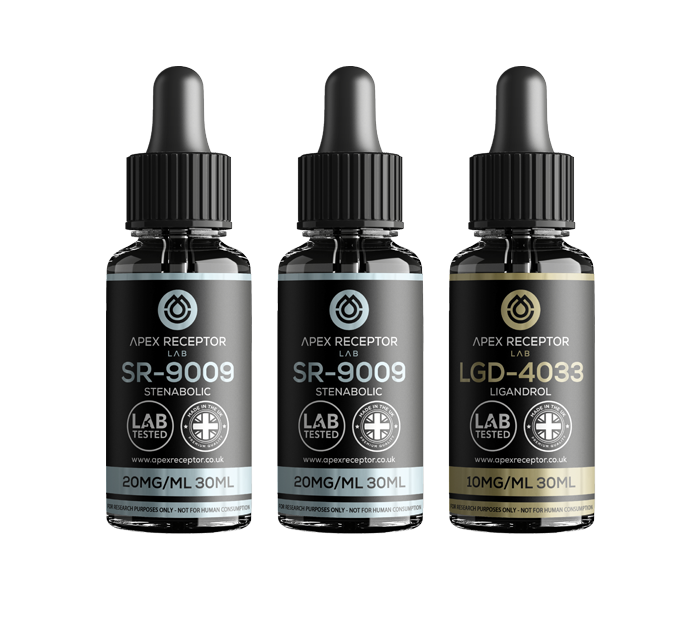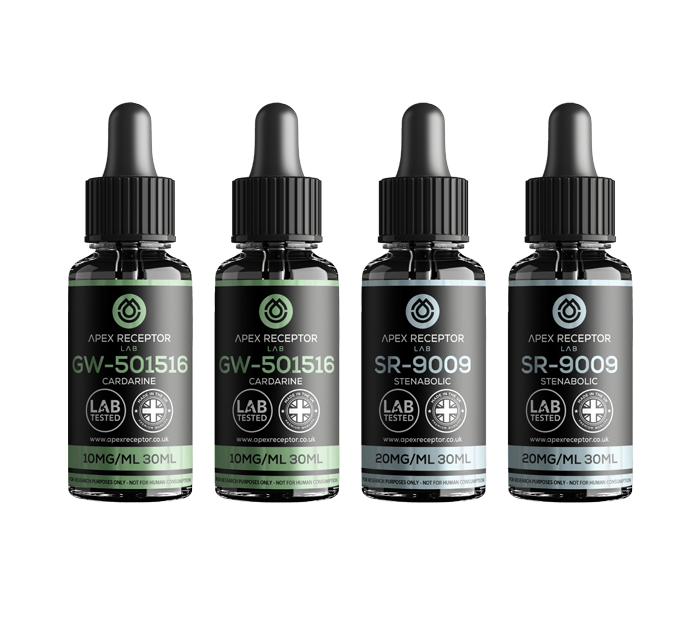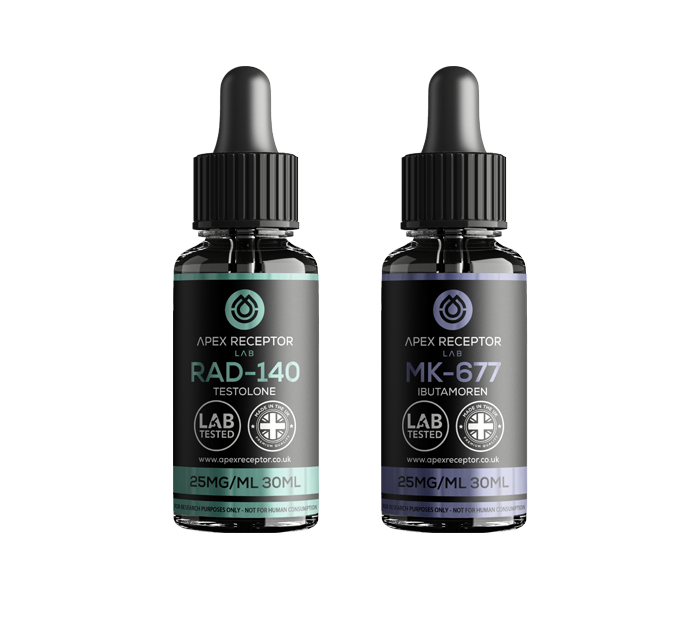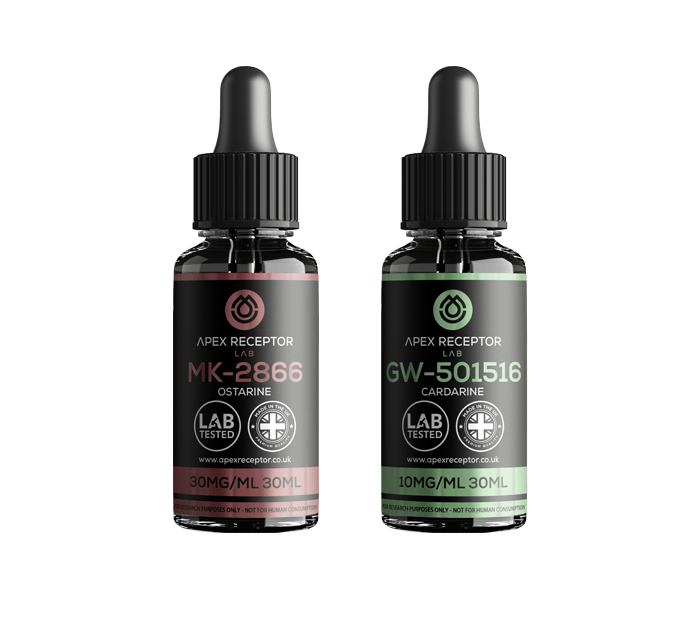Nootropics, often called “smart drugs” or cognitive enhancers, have become popular for their potential to improve learning, memory, and focus.
These substances come in many forms, from natural supplements to synthetic compounds, and are used by those looking for a mental boost. But before diving into nootropics, it’s important to understand how they work, their benefits, and any safety concerns.
This guide will break down everything you need to know about nootropics—their effectiveness, possible risks, and tips for safe use—so you can decide if adding them to your routine is right for you.
What are Nootropics?
Nootropics are substances designed to boost cognitive function, helping to improve memory, attention, and creativity. With the growing interest in enhancing mental performance and brain health, these cognitive supplements come in different forms. Some, like caffeine and Bacopa Monnieri, are natural, while others, like modafinil and piracetam, are lab-made.
Nootropics aren’t just for mental performance—they can also help with brain fog and overall brain function. Many work by increasing blood flow to the brain or interacting with neurotransmitters, vital for keeping our minds sharp. With the promise of more mental energy and stamina benefits, nootropics have captured the attention of both scientists and everyday people looking for a mental (and sometimes physical) edge.
Below is a handy table that breaks down some common nootropics by their sources and effects, giving you a clearer picture of their variety and uses:
| Natural Nootropics | Synthetic Nootropics | Known Benefits |
| Caffeine | Modafinil | Increased alertness |
| Ginkgo Biloba | Piracetam | Enhanced memory |
| Omega-3 fatty acids | Improved brain function | |
| Bacopa Monnieri | Stress reduction |
How Do Nootropics Work?
Nootropics work primarily by adjusting neurotransmitter levels, improving communication between brain cells, and boosting mental performance. They also increase blood flow to the brain, delivering more oxygen and nutrients, which helps with memory, and focus, and even clearing up brain fog.
Some nootropics, like Alpha GPC, target specific neurotransmitters. In this case, it boosts acetylcholine, which is key for learning and memory. By increasing acetylcholine, these nootropics can enhance cognitive ability, offering a noticeable boost in mental energy and sharpness.
Another important benefit of nootropics is their role in neuroprotection. They help protect brain cells from oxidative damage and stress, which can preserve long-term brain health. This means nootropics could not only improve cognitive function now but also help maintain it as you age.
What Benefits Can Nootropics Provide?
One of the standout benefits of nootropics is their ability to enhance memory, making it easier to retain and recall information—especially useful for learning and understanding new concepts.
Key Benefits of Nootropics:
- Memory Boost: Helps with retention and recall.
- Focus and Attention: L-theanine and caffeine improve concentration.
- Stress Support: Regulates serotonin for a balanced mood.
- Mental Clarity: Enhances clear thinking for multi-tasking and problem-solving.
A well-known combination of nootropics, L-theanine and caffeine, works together to sharpen focus and maintain attention without the crash that often comes with stimulants. This makes them great for boosting mental performance in a steady, sustained way.
Nootropics also help with stress resilience by balancing mood-related neurotransmitters like serotonin. This can keep your mood steady and help maintain mental energy and stamina during stressful or demanding times.
For those dealing with brain fog or juggling multiple tasks, nootropics can bring mental clarity, making it easier to think clearly and improve cognitive function. Nootropics can be a valuable tool for optimal brain function, whether you’re handling complex tasks or just need a mental boost.
Are Nootropics Safe?
Nootropic supplement safety depends on the type and dosage. Natural nootropics like ginseng or ginkgo biloba are typically safe when used correctly, offering benefits for brain function and mental performance. However, synthetic nootropics, such as modafinil, require more caution and often need to be used under medical supervision.
For people with pre-existing conditions, being extra careful is essential. Consult a healthcare provider before trying nootropic supplements to avoid any negative impact on their cognitive or physical health.
Key Safety Considerations for Individuals with Pre-existing Conditions:
- Always consult a healthcare provider first.
- Take steps to reduce potential risks.
- Get personalised advice on the safest way to use cognitive enhancers.
Ultimately, nootropic safety varies from person to person, so responsible use and attention to individual circumstances are essential.
Do Nootropics Have Side Effects, and Are They Legal?
Common issues include headaches, nausea, and digestive discomfort. Stimulant-based nootropics, like caffeine, might also cause anxiety or restlessness. Sometimes, these side effects can be managed by tweaking the dosage or combining nootropics, such as pairing L-theanine with caffeine to balance energy and calmness.
Over time, some nootropics can lead to tolerance or even dependency, especially with substances like nicotine or prescription drugs like modafinil. However, side effects are usually mild when used responsibly for products like Alpha GPC, which supports brain health.
As for the legal landscape of supplements, in the UK, over-the-counter nootropics like caffeine and Ginkgo Biloba are perfectly legal. However, nootropics like modafinil require a prescription. Legal regulations can vary significantly by country. In the US, for example, the FDA has less oversight on over-the-counter nootropics, and some compounds, like racetams, may be controlled or even banned in other places. It’s essential to know your local laws before using any nootropic supplements.
Can Nootropics be Addictive?
Most nootropics aren’t addictive, but certain compounds, like nicotine, can lead to dependency. Nootropics that affect neurotransmitters, especially dopamine, may cause withdrawal symptoms when stopped, potentially impacting brain chemistry and mental energy.
To minimise the risks associated with nootropic use, here are some tips:
- Start with low doses to see how your body reacts.
- Keep an eye on any changes in your cognitive or physical performance.
- Consult a healthcare provider, especially if you’re using prescription drugs with nootropic effects.
By carefully tracking how you respond and staying mindful of dosages, you can safely explore the benefits of nootropics while reducing the risk of addiction and other issues.
Are Nootropics Worth It?
The effectiveness of nootropics can vary greatly depending on individual goals and biology. For example, nootropics like Alpha GPC are often praised for improving cognitive performance, but how well they work can differ from person to person.
Many people turn to nootropics for short-term benefits, such as better focus and mental clarity. However, it’s important to keep in mind that research on the long-term effects and sustainability of these benefits is still limited.
When deciding if nootropics are worth trying, it’s crucial to weigh the potential benefits against the cost and the possibility of side effects or building tolerance over time. If you’re looking to boost brain function, it’s best to approach nootropics cautiously and choose options that are backed by scientific research and clinical trials whenever possible.
How to Use Nootropics Safely
Starting with a low dose lets you see how your body reacts, helping you avoid unwanted side effects. If your body adjusts well, you can slowly increase the dose, but only if necessary.
A common strategy for improving cognitive function is stacking supplements. A well-known combination is caffeine and L-theanine, which boosts focus while reducing the jitteriness that caffeine alone can cause.
Cycling nootropics—taking regular breaks from use—is another key approach. This helps prevent tolerance from building up, so you can maintain the cognitive benefits over time.
Staying hydrated and maintaining a balanced diet are essential when using any supplements. These support overall brain health and minimise potential side effects.
As always, consult a healthcare provider before starting any new supplement, especially if you’re on prescription medications or have existing health conditions.
Conclusion: Should You Try Nootropics?
As we’ve seen, nootropics offer various potential benefits for boosting mental performance. Many users report better memory, sharper cognitive function, and reduced stress. These cognitive enhancers can also help clear brain fog, increase mental energy, and support overall brain health. Natural options like Bacopa Monnieri, Omega-3 fatty acids, and Vitamin B6 promote brain health by improving blood flow and protecting brain cells from damage.
However, it’s important to be aware of the risks. Some nootropics can cause side effects, and certain prescription options may lead to dependency. It’s essential to approach nootropic use carefully, ideally with the guidance of a healthcare professional to ensure safety and effectiveness.
Nootropics work best as part of a holistic lifestyle that includes good sleep, a balanced diet, and regular exercise. Some people even combine nootropics with SARMs for enhanced physical performance.
Before starting any nootropic regimen, it’s vital to weigh the potential benefits against the risks. And above all, consulting a healthcare provider is key to protecting your health and making informed decisions.
FAQs
Are nootropics safe for long-term use?
The safety of nootropics for long-term use can vary depending on the specific substance and individual health factors. While some nootropics, especially natural nootropics, have a good safety profile, others may carry more risks. Clinical trials and studies are essential for understanding the long-term effects.
Can nootropics help with anxiety?
Certain nootropics are believed to help with anxiety by modulating brain chemicals and reducing the effects of stress. For instance, adaptogenic herbs like Bacopa Monnieri may alleviate stress and anxiety. However, individual responses can vary; consulting with a healthcare provider is crucial.
Which nootropic is best for beginners?
For beginners, natural nootropics or Nootropic supplements with a well-established safety profile, such as Omega-3 fatty acids or Vitamin B6, are often recommended. These compounds support brain health and cognitive function without the risks associated with prescription drugs.
Do nootropics work immediately, or does it take time?
The onset of action for nootropics can vary. Some may offer mental energy and cognitive benefits quickly, while others must be taken consistently over time to optimise cognitive ability and brain function. They work to support cerebral blood flow and reduce oxidative stress. Understanding the specific nootropic compounds and their expected timelines for effectiveness is essential.


